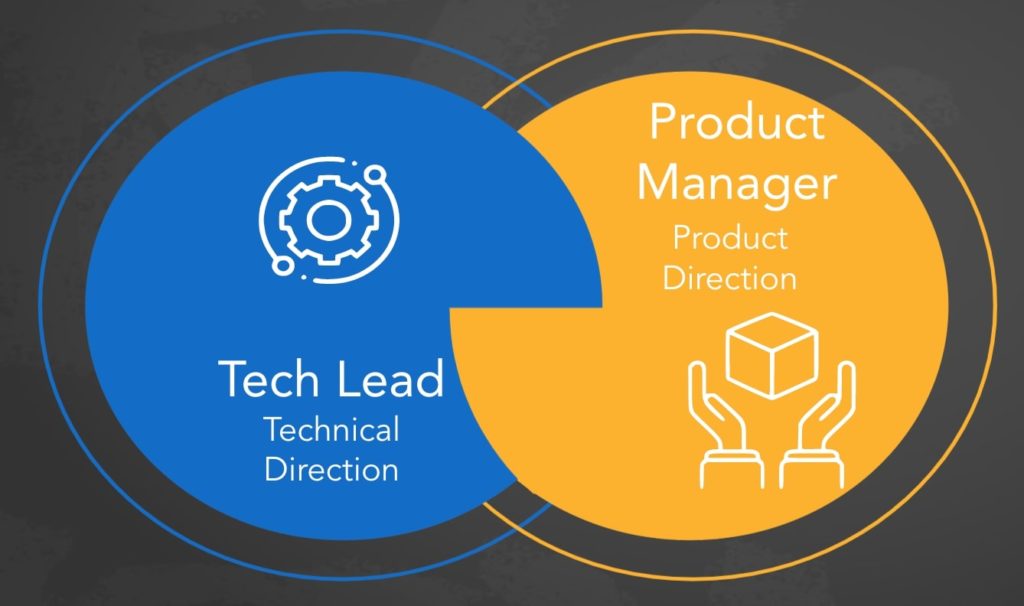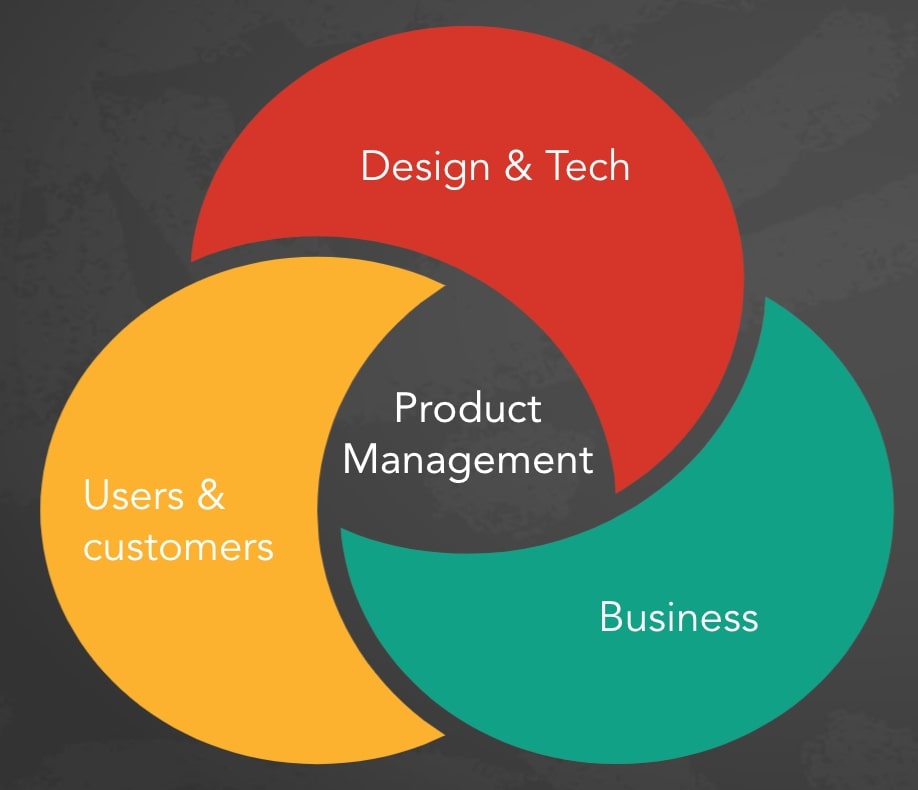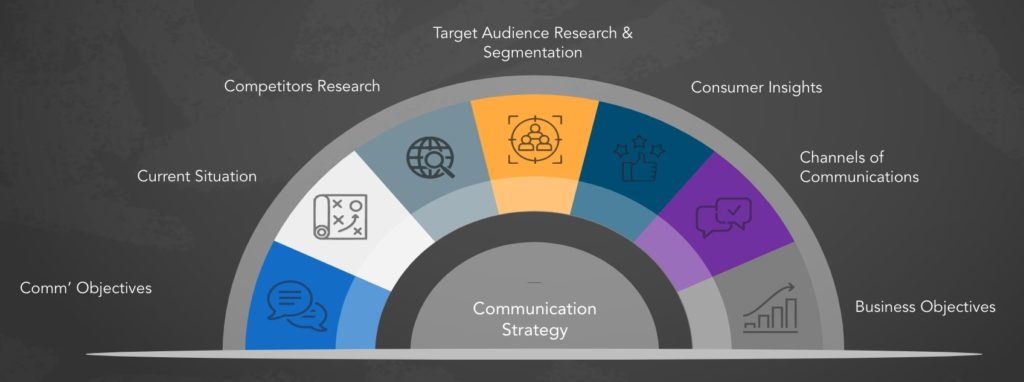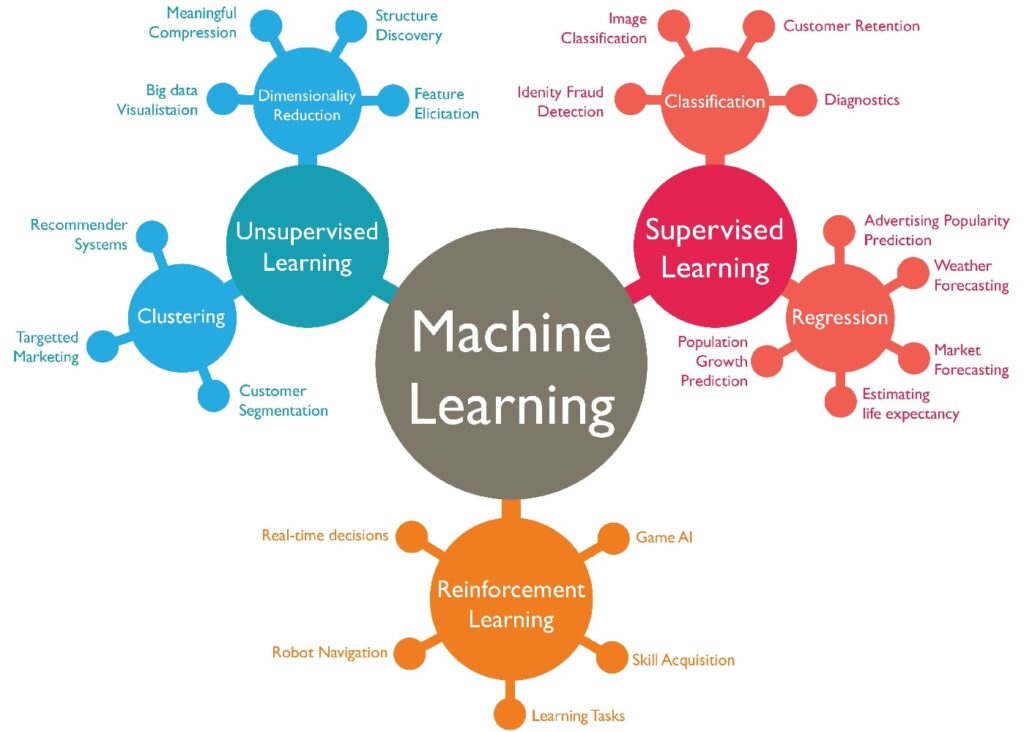Want to become a machine learning product manager?
As artificial intelligence technologies continue to evolve and become more mainstream, so too does the demand for machine learning product managers grow among startups and Fortune 500 companies alike.
According to insight from Refinitiv, 40% of firms expect to increase their investment in AI solutions moving forward. The same report shares that this investment spells a new era of challenges in AI development that businesses need to find solutions for.
Machine learning product managers play a major role in the advancement of machine learning technology. Their job is to oversee and manage machine learning products from their early stages all the way through to launch.
This guide breaks down the path that prospective machine learning product managers take to break into such a complex profession.
Let’s dive right in.
Step 1: Get Certified in Technical PM
A crucial step towards becoming a machine learning product manager is to familiarize yourself with the basics of technical product management.
Machine learning product managers are similar to technical product managers in many ways.

Just like technical PMs act as technical leads in the product development process, machine learning product managers lead the product team as they navigate the complexities of AI product development.
By their nature, building products that incorporate machine learning technology pose a series of challenges to their respective product teams. These challenges include:
- Computing Power: Machine learning products and processes require enormous amounts of computing power. When working on these kinds of products, developers must make use of high-end software solutions and advanced hardware. In cases where the product incorporates complex technology, some product teams handle supercomputers.
- The Unknown: Even though machine learning technology has evolved in recent years, it still remains a new field with a lot of complexities to test and understand. Teams working on ML products understand that there is much uncertainty surrounding how successful an ML product is. This causes product teams to develop doubts and challenges regarding the production process.
- New Technology: Since machine learning is still so new and complicated, buyers are reluctant to embrace new ideas and products. This presents challenges to managers and teams in terms of marketing and selling the products they make. It also implies added difficulty during the approval phase of product development due to the elevated uncertainty surrounding the products.
Because of this, anyone wanting to become a machine learning product manager needs to grasp the technical side of product development. You must be up-to-date and aware of the various frameworks, processes, and methods that product managers use to oversee the ML product production process.
Our PMHQ Technical Product Manager Certification helps you learn a wide range of key technical skills to create high-performing software solutions.

Step 2: Learn Fundamentals of Product Management
In addition to learning technical skills, AI product managers must also have a strong understanding of product development from a managerial and conceptual point of view.
Developing a machine learning product is a complex project that requires the involvement of several different parties. As a product manager overseeing this type of product, Each product managers Product You need much more than a sound understanding of machine learning methodology to manage. In order to take on this kind of role and juggle all of the responsibilities that come with it, you’ll also need to have business skills, communication skills, marketing knowledge, and more.

On the business side of things, you’ll need to understand what makes a product and what sort of profitability it offers. You’ll also need sound budget management.
On the communication and management side of things, meanwhile, you’ll need to liaise with multiple teams and ensure everyone follows the product roadmap to completion.

You must also understand the technical elements that condition your product’s development. These include being familiar with the technology that your product incorporates as well as the challenges it poses to the product team during the design and development stages.
The PMHQ Product Manager Course teaches you the skills you need to lead projects to successful conclusions. Learn communication, coordination, lifecycle management, how to keep your teams on track, and plenty more in our in-depth course.
Step 3: Get Certified in Machine Learning
In order to oversee machine learning projects, you need high proficiency in ML science and systems. Machine learning products and projects are complex since they constitute new, unexplored fields of development for the product team.

Credits: Wordstream
That’s why you must complement your management skills with competency and confidence in your knowledge of ML models. You must demonstrate proficiency in ML systems like TensorFlow, PyTorch, and Spark ML. Consider taking a course that covers the following concepts:
- Supervised learning
- Unsupervised learning
- Semi-supervised learning
- Reinforcement learning
- Classification
- Artificial intelligence
- Robotics
- Probability estimation
- Inductive learning
Specializing in machine learning is invaluable to you when overseeing the development of new ML products and AI systems:
- Understand the need and demand for new AI products
- Learn how to spot gaps in the market
- Improve how you liaise with your various teams and stakeholders
Certifying yourself in machine learning is therefore an absolute must when it comes to building your skills to become a machine learning product management. To do this, there are various courses available. Just make sure to choose one that is comprehensive and gives you insight and knowledge on the most important aspects of ML.
Step 4: Gain Formal/Informal Experience
Building firsthand experience and real practice help you start to see what the role of machine learning product managers entails.
Employers gravitate towards candidates who have experience in machine learning product management. This shows that the candidate has been in this kind of situation before and knows what to expect during the product development process. This also means that you know how to take the appropriate decisions to push the project forward. It also means that it is easier for you to make accurate decisions in your role compared to someone with no experience.
Therefore, once you’ve undergone training and achieved certification, the next step of the process is to put everything you’ve learned into action. You do this by getting involved with a machine learning system startup. This helps you observe what happens in a typical ML project and familiarize yourself with the challenges and setbacks that come along with it.
Try applying for a position as a developer or engineer on an upcoming ML project. Being part of a development or engineering team gives you firsthand knowledge and experience about how to make ML systems and products. You must use this opportunity to observe your product manager and see how they oversee projects and solve problems.
At times, you won’t land a position as part of an existing machine learning project right away. So, another way to give yourself some experience is to make your own projects.
You don’t have to invent the next world-changing algorithm. Instead, set up your own ML model, think about its purpose and function, and imagine how the project unfolds over a series of weeks and months by way of a product roadmap.
In doing so, start practicing some of the activities and duties that you have to carry out as a PM in the future, such as:
- Thinking of real-world demands for ML products
- Market research to learn more about customer needs
- Looking for gaps and trends in the market
- Preparing product scenarios
- Problem mapping to envisage possible issues that could arise
- Developing a launch strategy for new ML products
Regardless of how you choose to gain experience, make sure to keep track of what you’ve learned and build up your own portfolio of accomplishments. This is a major help in interviews and application stages to prove to recruiters that you are the ML product manager they need.
How to Become a Machine Learning Product Manager With no Experience
Landing a job as an ML product manager is not impossible. In fact, many machine learning product managers start off without any special product management experience.
It’s also common for machine learning product managers to start off in other areas. They first occupy roles within artificial intelligence development teams such as data scientists and software engineers, among others. They then make a transition into the role of product managers later on after building up the skills and experience needed to fit the position.
There are also machine learning product managers out there who started off as product managers in other fields or industries. Since they have managerial experience, they already know the basics of product management and then apply those skills into a machine learning product management role.
Preparing for Your Next Machine Learning Product Manager Role
Getting into the world of machine learning product management is a rewarding career move. However, in order to give yourself the best chance of success, you need to prepare yourself. Here are some key steps to help you get off to jumpstart your career as a machine learning PM.
1. Be Aware and Up-to-Date with Machine Learning Trends
If you want to succeed as a machine learning product manager, you need to be up-to-date, expert-level understanding of the latest in the machine learning world. You must know the following:
- Trends and developments in training data
- Latest machine learning models
- Advancements in neural networks
- New uses of machine learning across different industries
The more you know about machine learning, the better you are to take on a product management role. Here are a few ways in which you improve your knowledge:
- Follow blogs/online magazines: There are trusted blogs and online magazines dedicated to machine learning and related subjects such as AI and robotics. Follow them and engage with communities to exchange with like-minded professionals.
- Subscribe to newsletters: There are also plenty of newsletters you subscribe to that keep you up to date and informed on the latest ML developments, systems, models, products, and more. Follow newsletters of brands that interest you and pay attention to the insights they share that help you advance your career.
- Follow YouTube channels: YouTube is a goldmine of information on machine learning. You must find videos from big ML brands showing off their latest creations as well as videos from ML enthusiasts discussing the latest news and developments. Keep up with the Product HQ YouTube Channel for instructive video content related to machine learning.
2. Always Strive to Improve Your Soft Skills
Technical knowledge is not enough when it comes to product managers of machine learning projects. As well as being an expert in data science and training data, you also need a set of soft skills that covers everything from communication to organization skills. Here are some key ones to try and work on:
- Managing people
- Coordinating cross-team communication
- Communication with customers, colleagues, and stakeholders
- Strategic planning
- Working as part of a team
- Leading a team
While at times, you feel that you are already proficient in some or all of these skills, you must also seek self-improvement. Even experienced product managers still have things to learn and skills to improve. Adopt a growth mindset and always look for ways to get better in these aspects.
3. Build Experience Where Possible
Experience is valuable in any line of work, but it pays off to obtain as much experience as possible in the world of product management.
In this line of work, new challenges are always emerging and no two projects are ever the same. Therefore, adaptability is key. You need to use the benefits of your own experiences to make smart decisions, solve problems, and keep projects moving forward.
Experience is vital for this. The more projects you work on and the more challenges you face, the better you become at handling those difficult moments. So, don’t shy away from opportunities. When given a chance to gain more valuable experience, take it.